Premier Jason Kenney said he believes Alberta has reached and surpassed the peak of the fifth wave of COVID-19.

“There are some hopeful signs but also need for caution,” Kenney said Thursday afternoon.
However, the premier also noted that while the infections may have peaked, hospitalizations are expected to continue to increase for the next several weeks.
Kenney said there will likely be 1,500 or more COVID patients in non-ICU beds when Alberta reaches its hospitalization peak later this month.

There were 1,131 Albertans were in hospital with COVID-19 Thursday. Of those, 108 were being treated in intensive care.
“We are once again facing significant and increasing pressure on our health-care system,” Alberta Health Services CEO Dr. Verna Yiu said.
Because of the immense pressure on hospitals, Kenney said by Monday, or perhaps sooner, additional COVID-19 beds in Pandemic Response Units will open at the Kaye Edmonton Clinic and at Calgary’s South Health Campus.
Yiu said 18 beds are ready to be activated at the Kaye Clinic, with plans to open an additional 18 beds the week of Jan. 31 if needed.
At the Calgary South Health Campus, 12 beds are ready to open with plans to open an additional 12 spaces if needed.
“We will only use these beds if we have to,” Yiu stressed. “In the coming days we will be activating some of these beds.”
Kenney said the units were prepared earlier in the pandemic to act as overflow capacity and care for patients with COVID-19 who are almost ready to be released from hospital, but may need additional monitoring.

However, Yiu stressed it’s not as easy as just opening beds. Staffing has been more of a challenge during this Omicron wave than ever before in the pandemic with many health-care workers also out sick.

Get weekly health news
Yiu said the AHS absentee rate is high, with five per cent of staff out sick at any given time. This translates to about 5,500 staff members province-wide. Yiu said 18 to 20 per cent of shifts are going unfilled every day due to illness.
“Our teams are understandably exhausted,” Yiu said.
To help with this, Kenney announced a plan to “maximize the workforce” with alternate team-based care models, which will see larger teams of health-care workers care for more patients, rather than individuals caring for a smaller number of patients.
“In this very challenging time, this is the best way skilled health-care teams can meet the needs of Albertans,” Yiu said.
“Care teams may also have more students than usual. They are supervised but may be doing important support tasks in order to enable more senior members of the care team to focus on other clinical needs.”
The province said 610 nursing students have joined the AHS team and will work to get educational credit for assisting during the Omicron wave.
Yiu said health-care teams may also have nurses and physicians from other areas, and may not be as familiar with the area to which they are assigned.
“These changes are the result of us having to ramp up the number of beds available to look after Albertans after two long years of intensity on the front line.”
The president of the United Nurses of Alberta said health-care workers have already been told to prepare for more overtime hours to help staff the additional beds. In addition, Heather Smith said “corporate” or “out-of-scope staff” are also being shifted to patient care to take care of things like screening, appointments and handing out meals.

The move will have a physical and psychological impact on health-care workers, Smith said, adding they’re already exhausted and working with limited resources.
“We’re into something that unfortunately, perhaps, could have been mitigated,” Smith said.
“We have no choice, we have to do the best we can with the circumstances we’re in with the resources we have.”
Yiu added “anybody who has any clinical experience no matter what position they work in, within the organization, we’re actually asking for their skillsets, what they’ve done in the past and finding appropriate redeployment positions for them.”
More postponed surgeries
Also Thursday, Yiu announced AHS is postponing a small number of surgeries to help relieve hospital pressures. Edmonton and Calgary began postponing surgeries Wednesday, although added fewer surgeries are being postponed than in previous waves.
Yiu said last week, Alberta was completing 99 per cent of its normal surgical volume. That number dropped to 90 per cent this week.
“We are doing all that we can to complete as many surgeries as possible,” she said. “This has been necessary to allow us to increase the hospital capacity.”

Thursday's COVID-19 data and hitting the 5th wave's peak
Alberta reported an additional eight deaths in the last 24 hours, bringing the province’s death toll to 3,421.
The province reported 3,527 lab-confirmed cases of COVID-19 from just over 11,000 tests. Confirmed active COVID-19 cases now sit at 64,519. However, due to limited access to PCR testing in Alberta, the number of new and active cases is likely much higher than what’s being reported on a daily basis.
When speaking about hitting the fifth wave’s peak, Kenney pointed to the province’s positivity rate, which has dropped from 41 per cent last week to about 33 per cent this week.

Kenney also said that there has been a decline in infection detected in 15 of the 19 communities where wastewater monitoring has been tracking levels of COVID-19.
While he said it’s still “early days,” the data is encouraging.
Also Thursday, Kenney also announced that AHS will work with Primary Care Networks on a Community Response Plan to provide community resources to people managing COVID-19 at home. This plan includes virtual call-in lines and COVID clinics in select communities to screen and assess patients with mild symptoms, in hopes of keeping them out of emergency rooms.






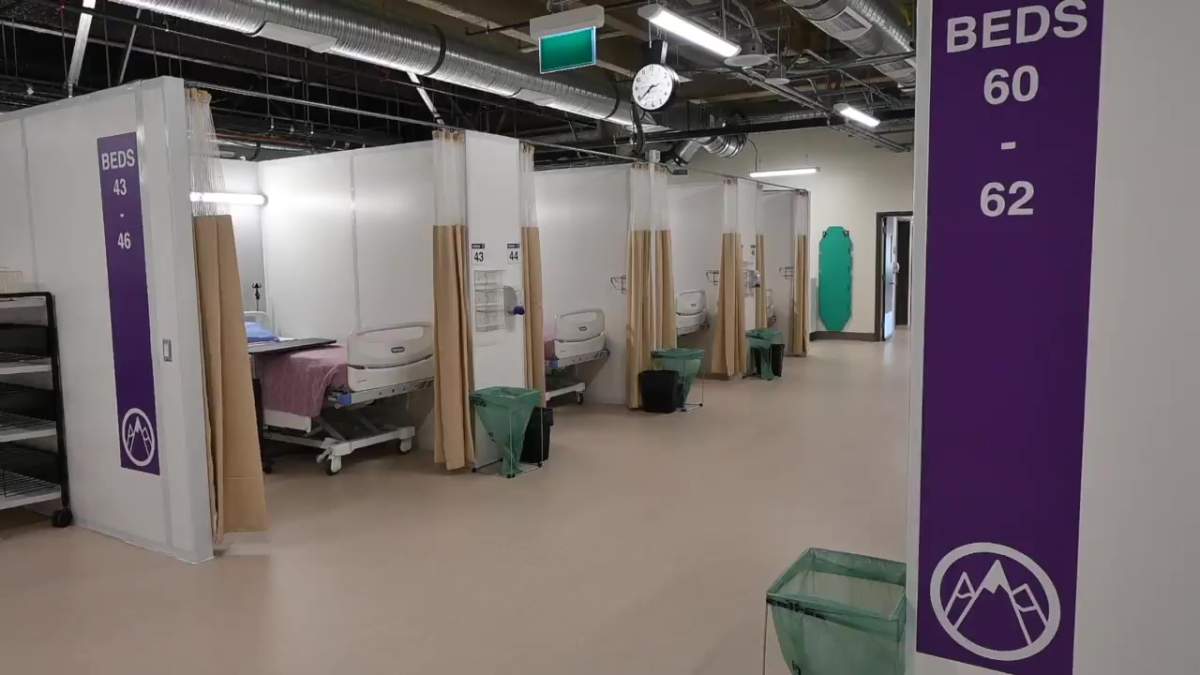

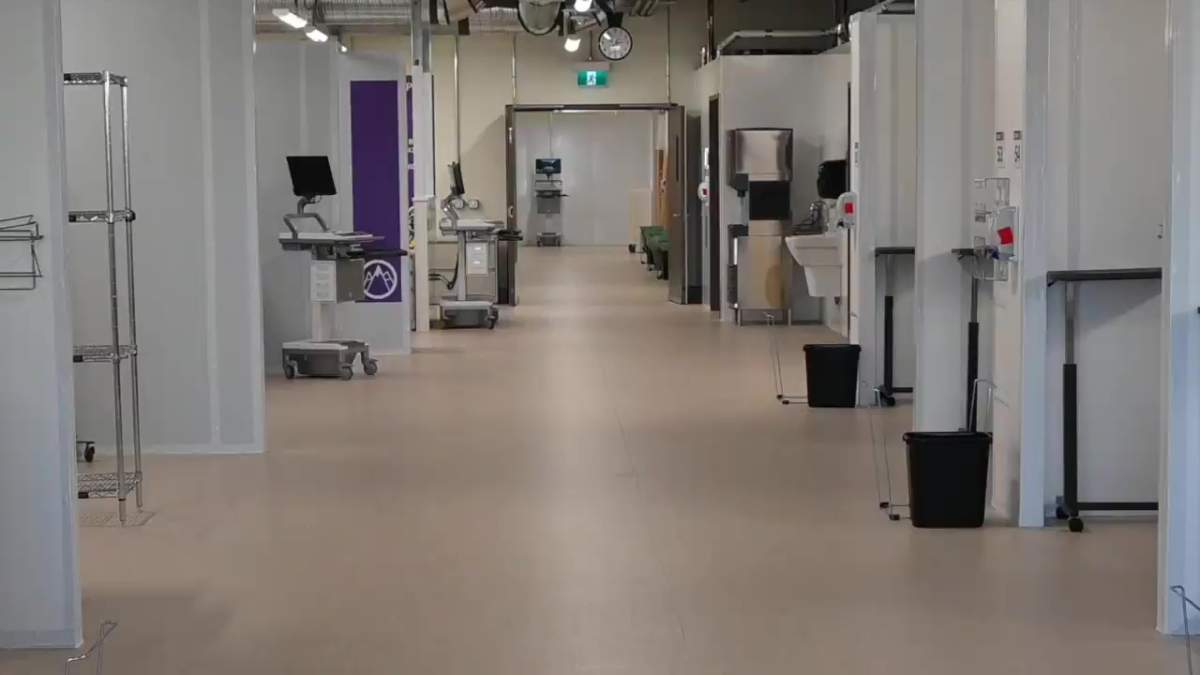

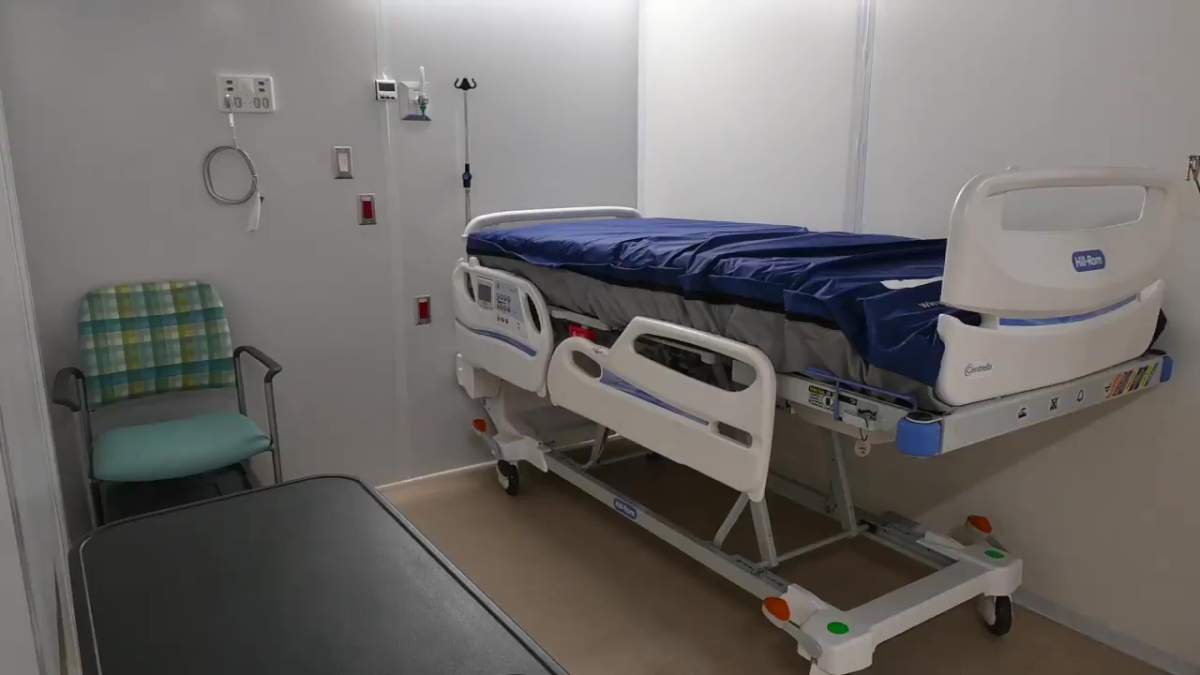

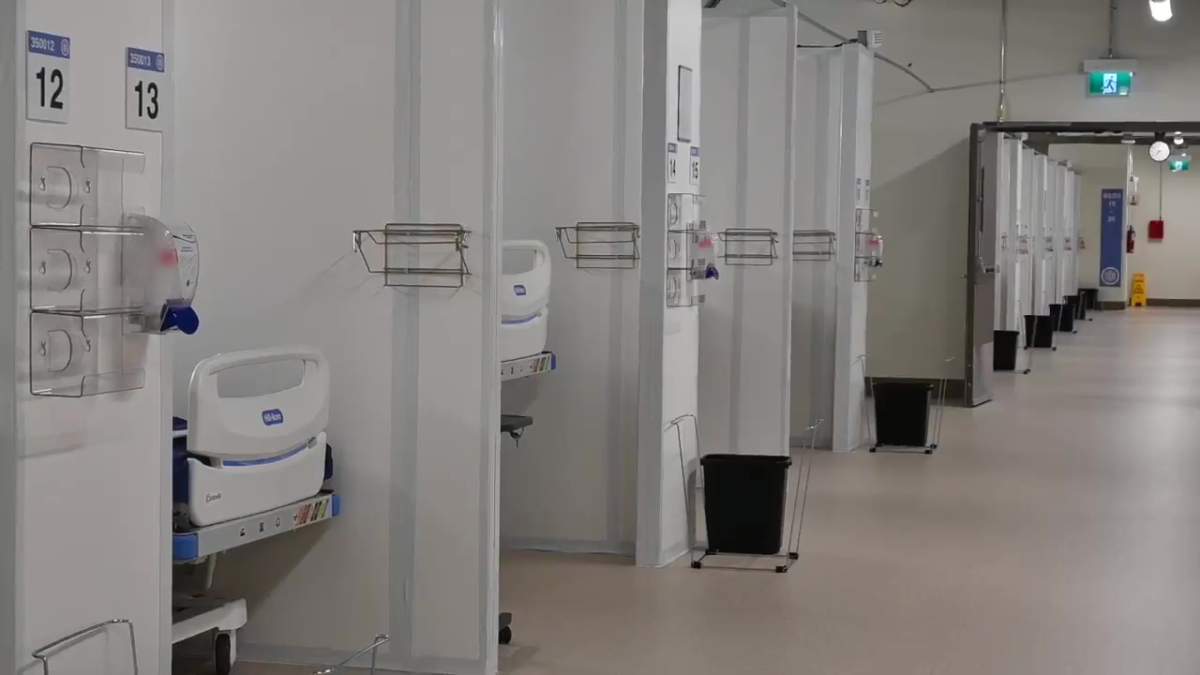

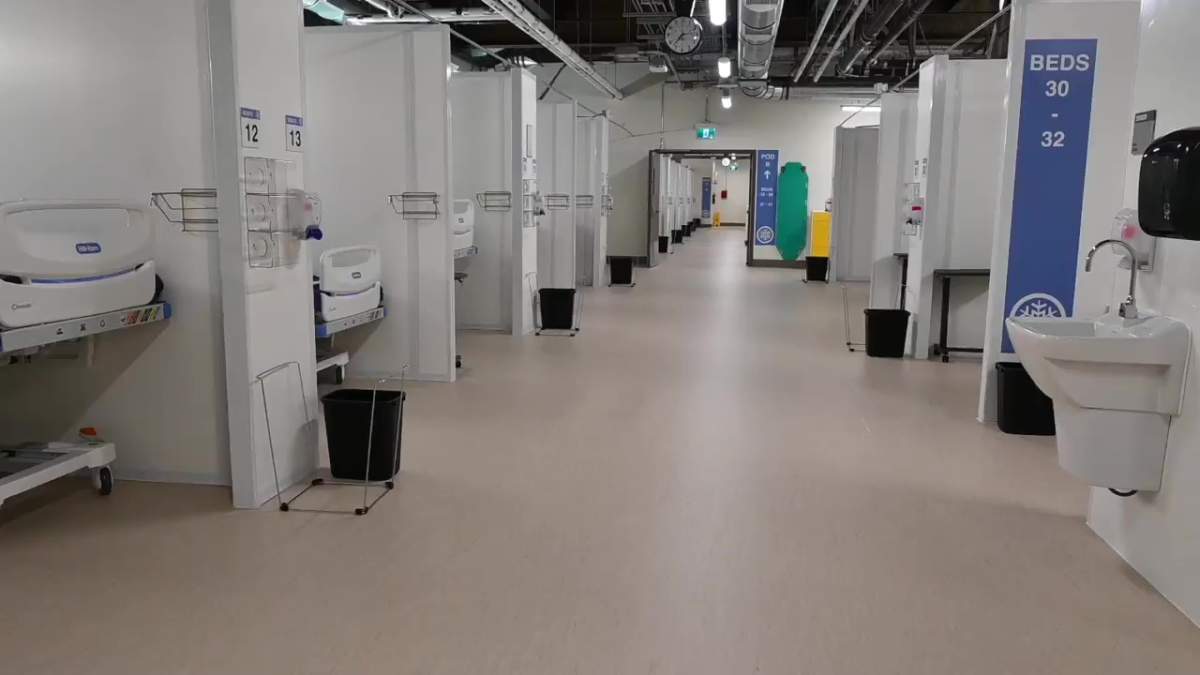

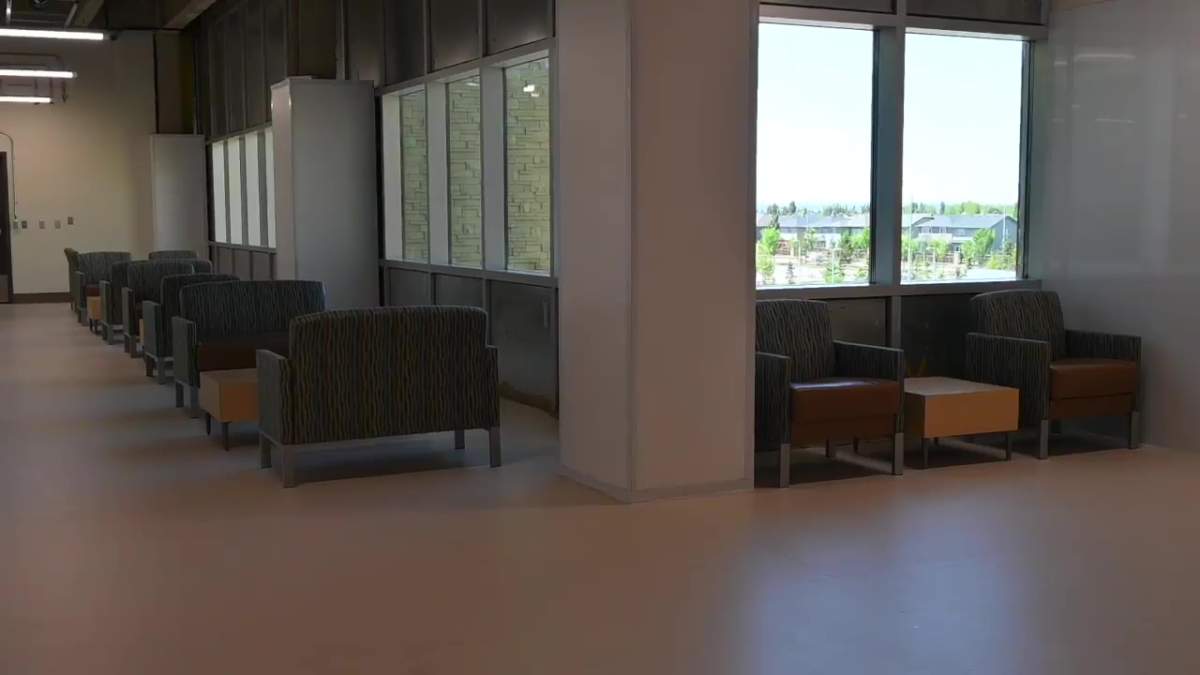

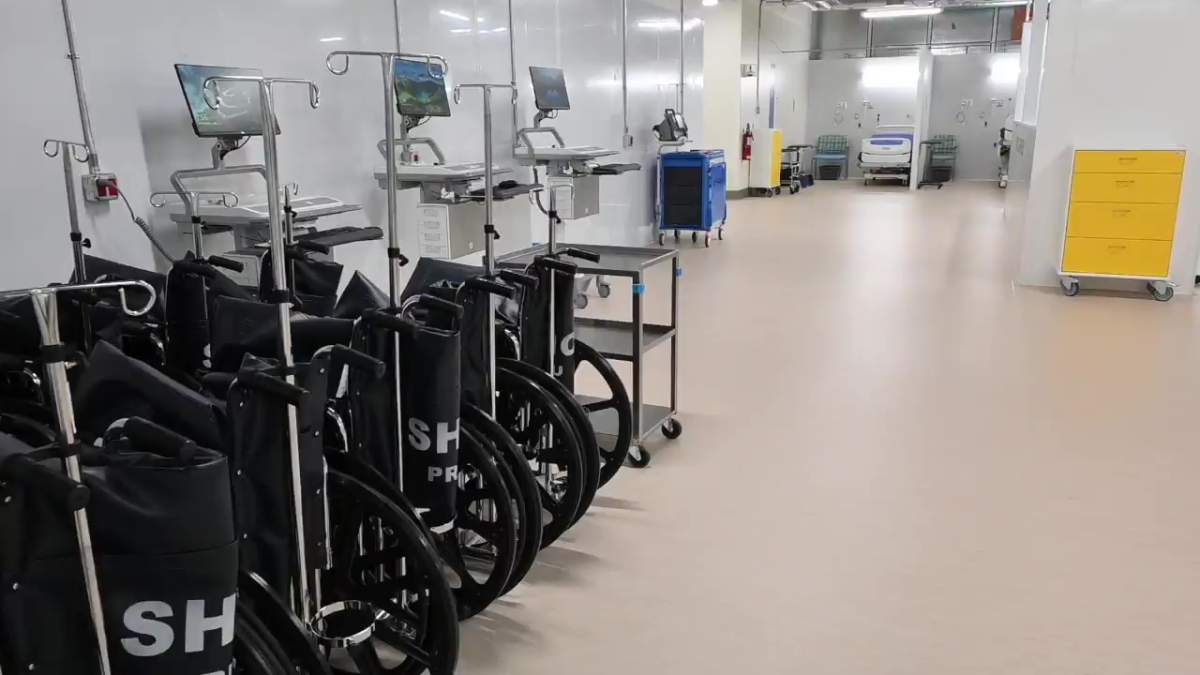

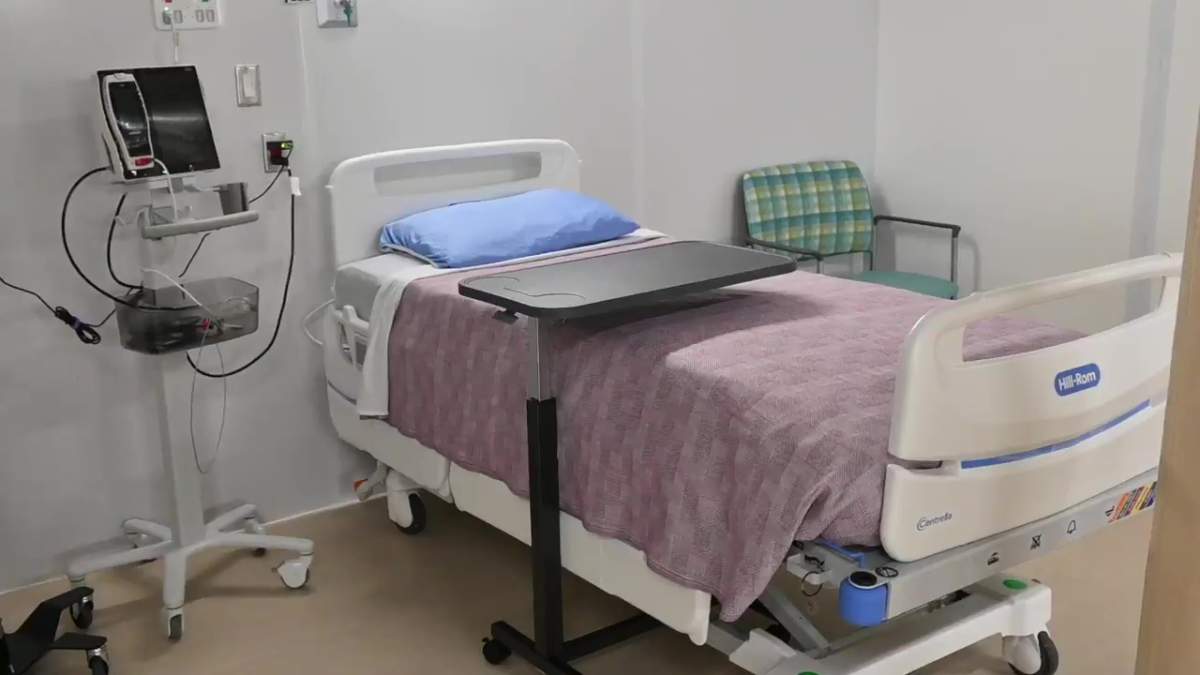

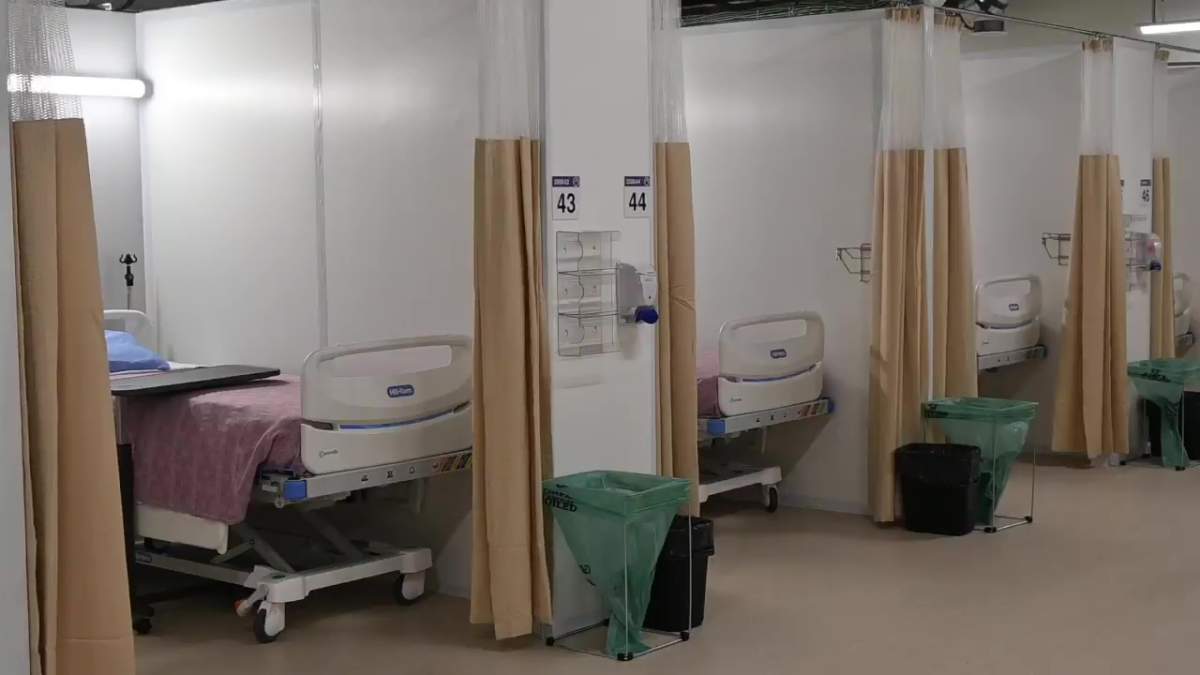

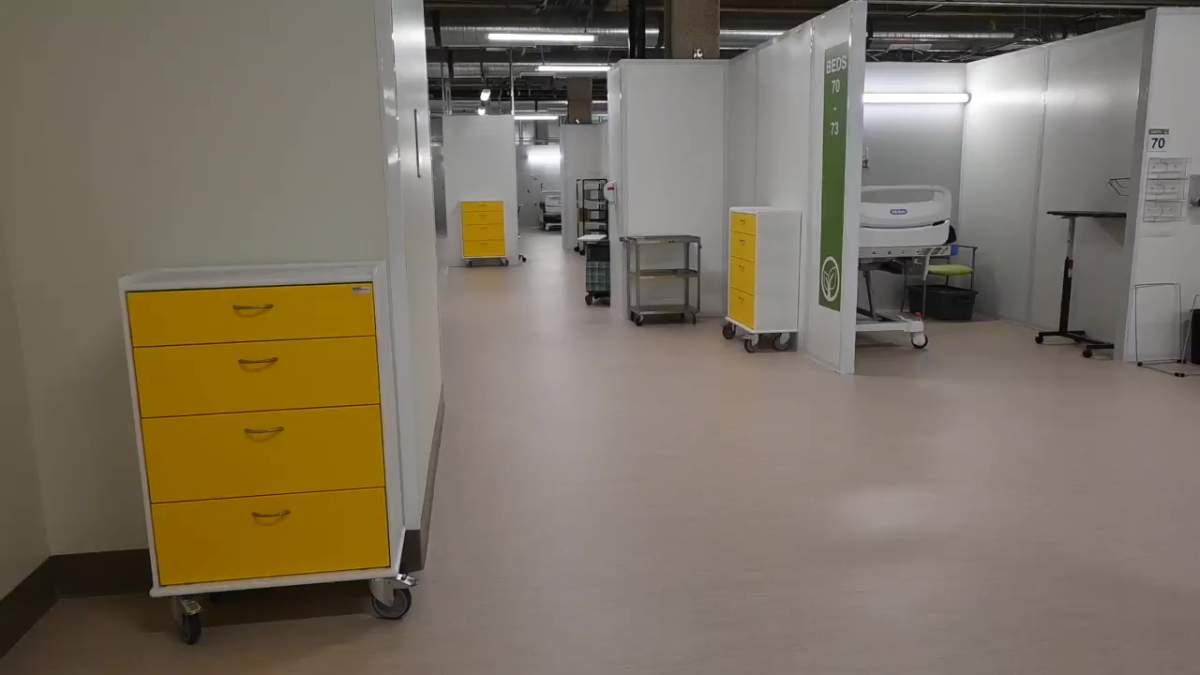

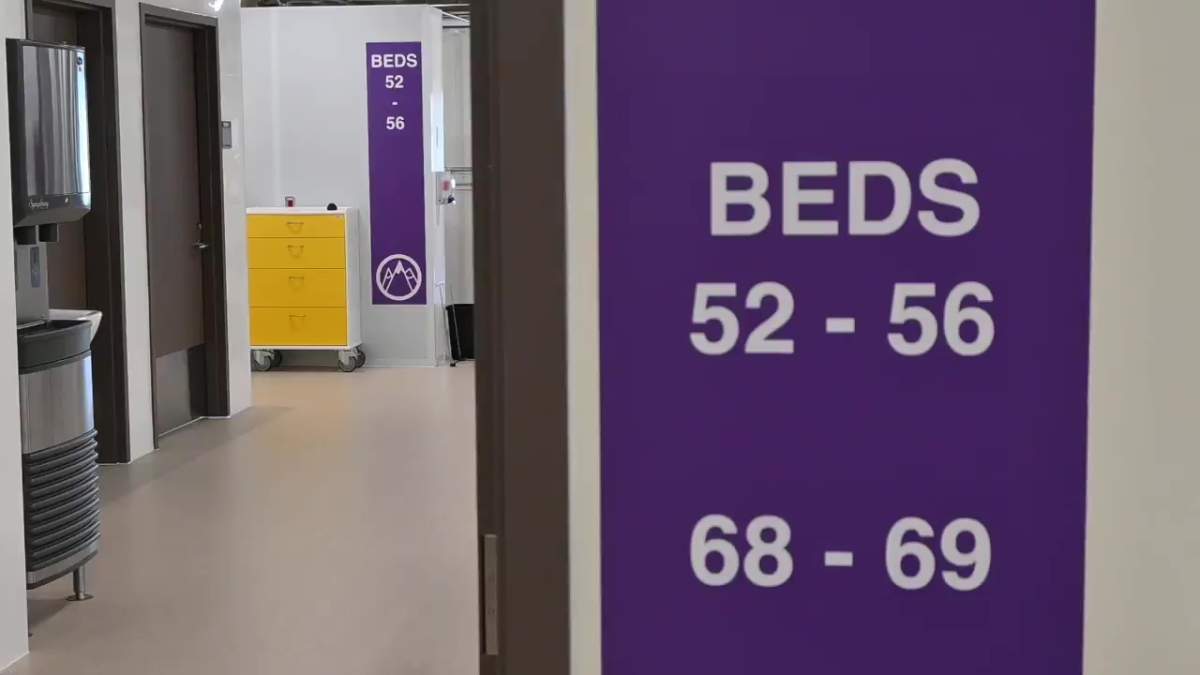

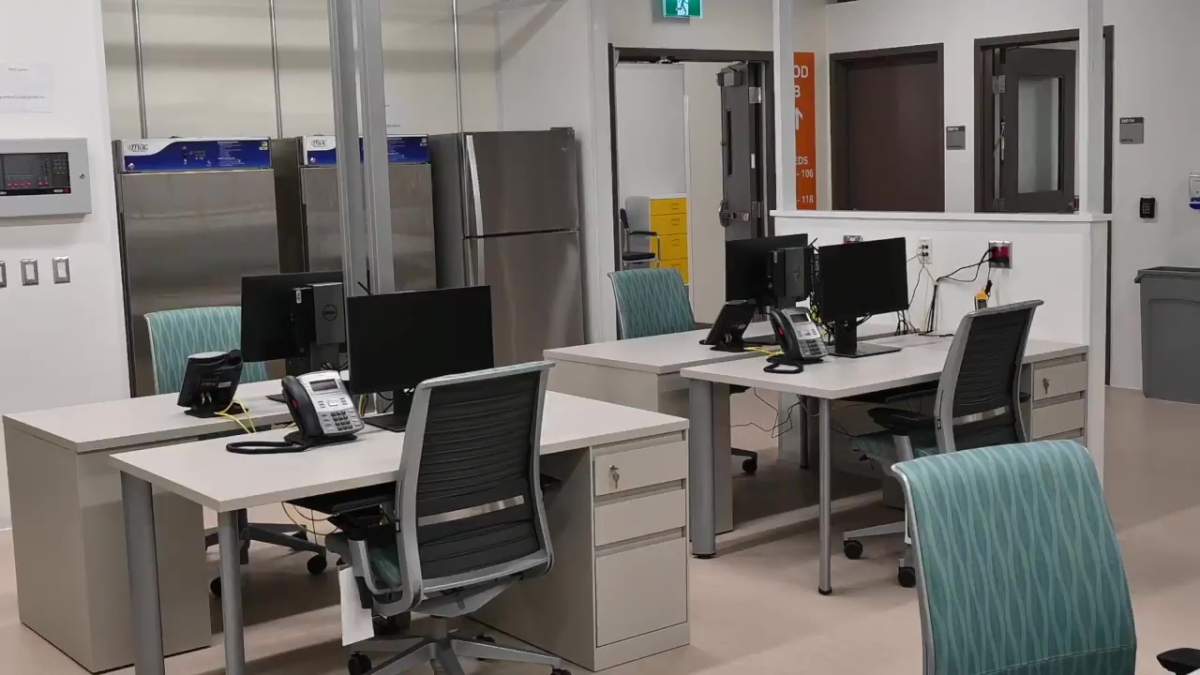

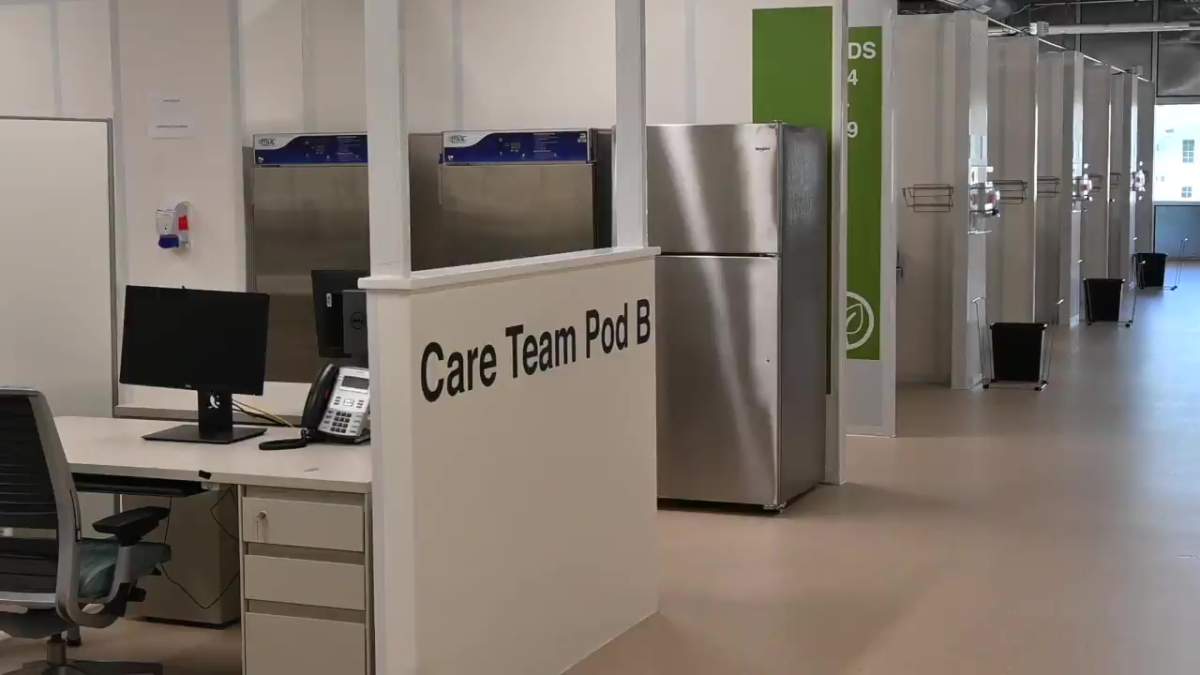

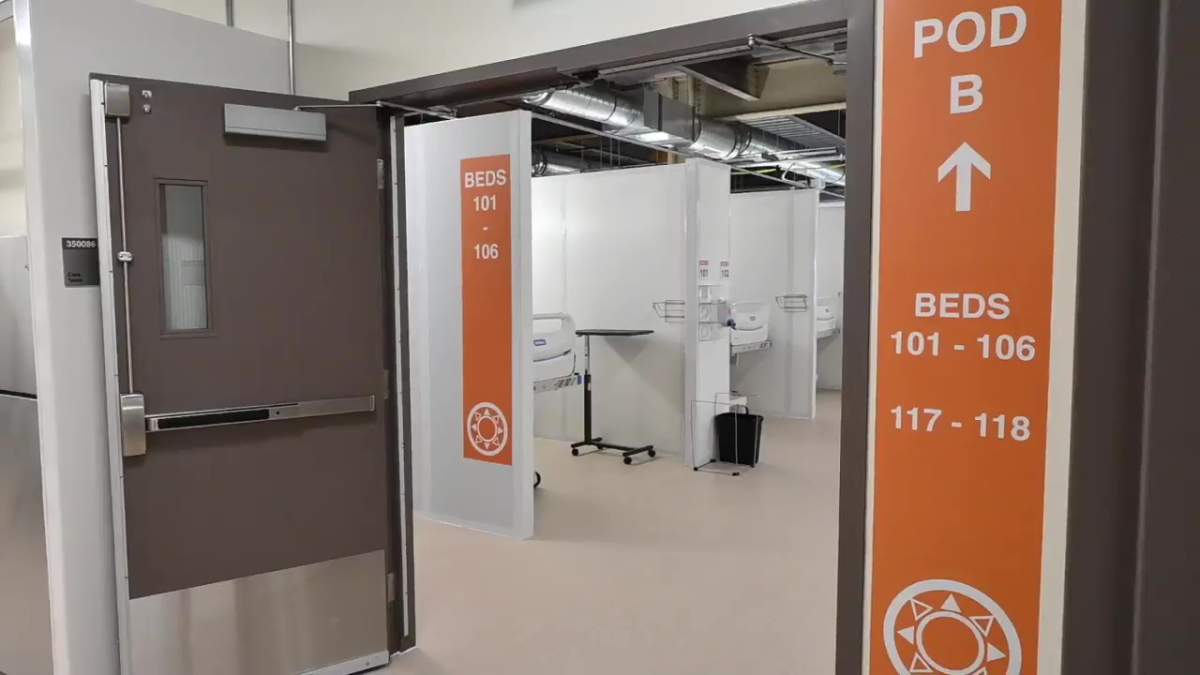

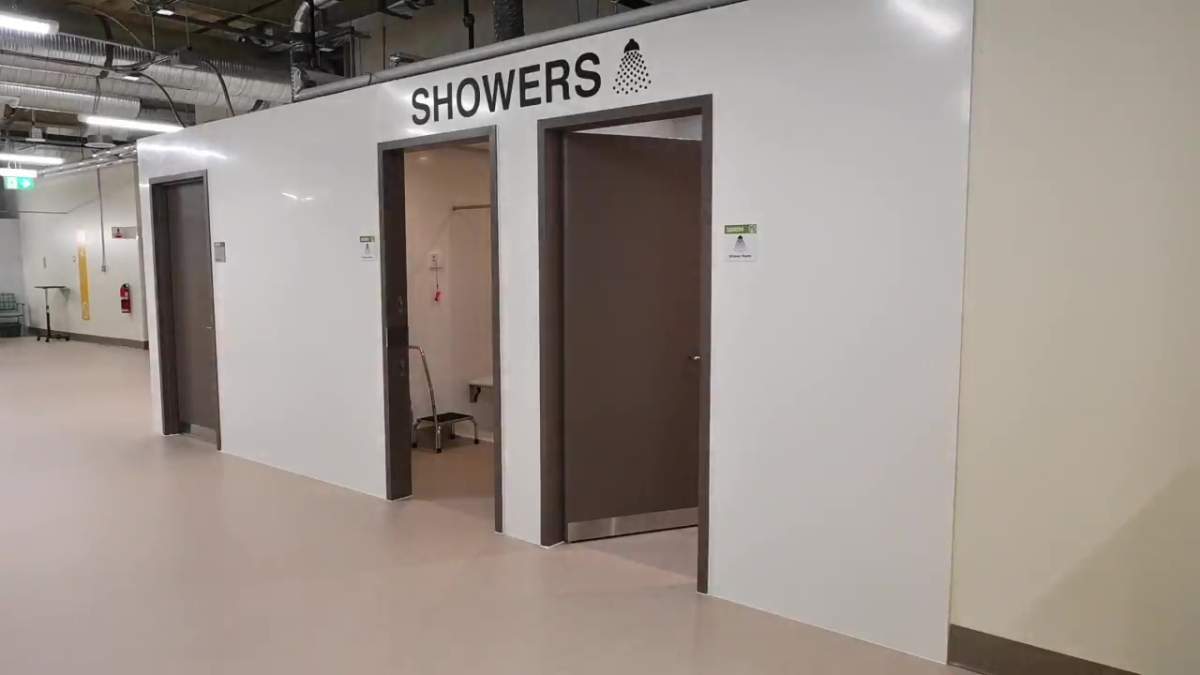

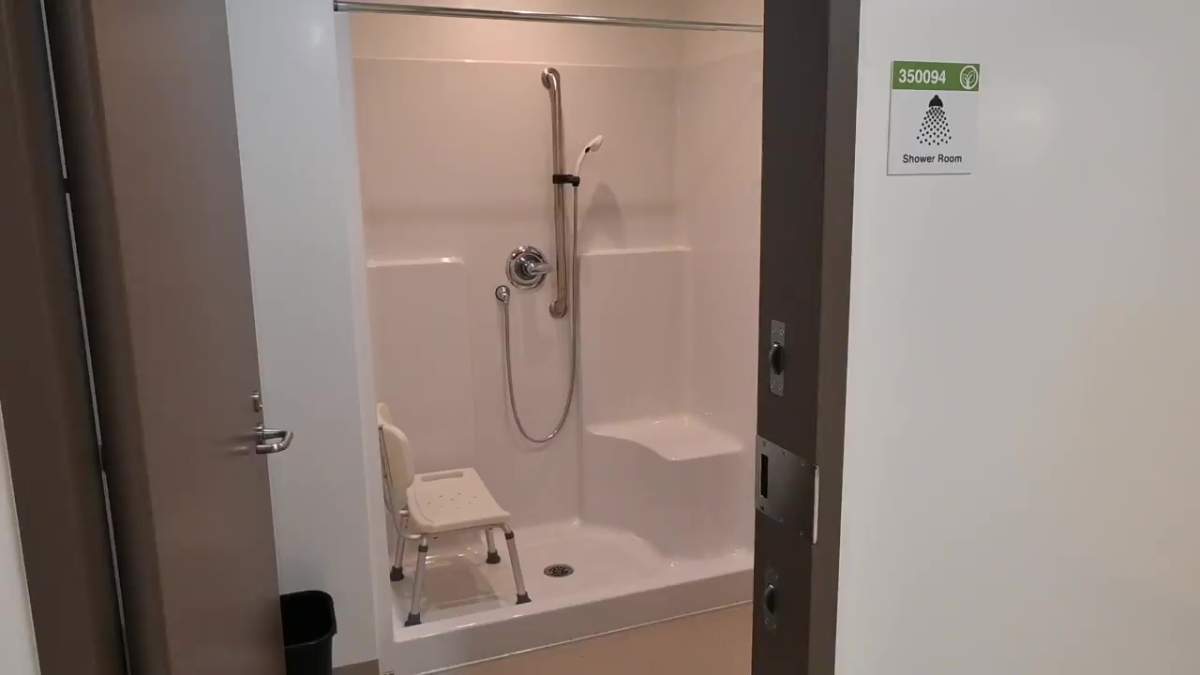

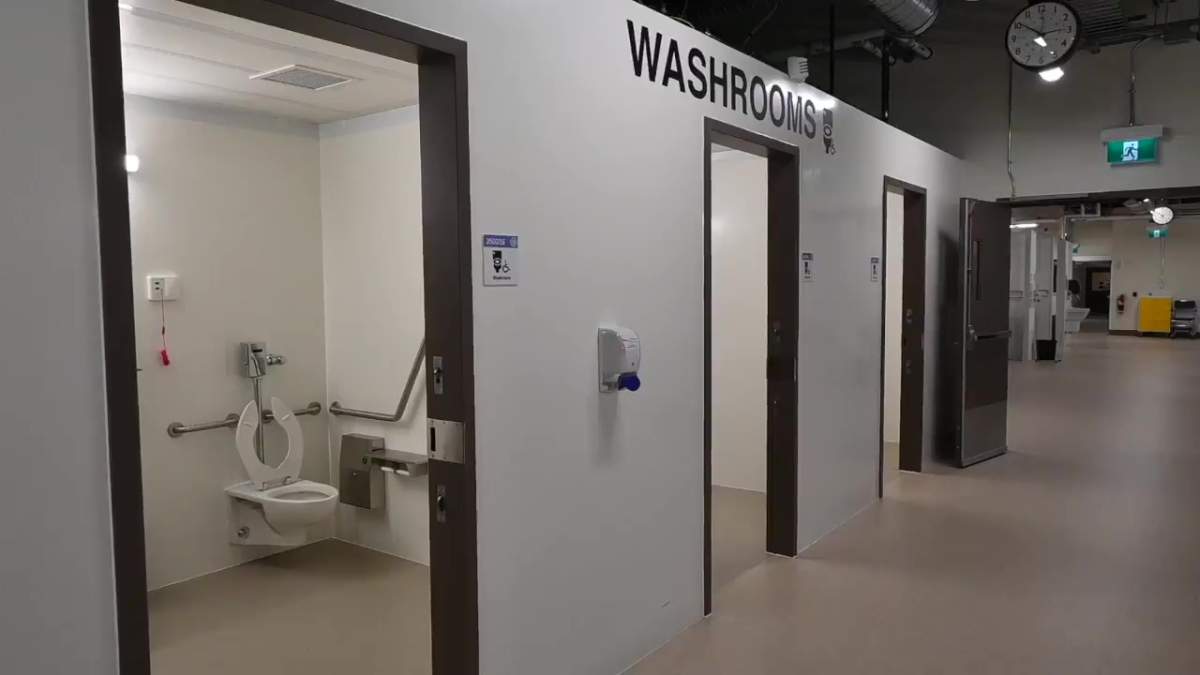




Comments
Want to discuss? Please read our Commenting Policy first.